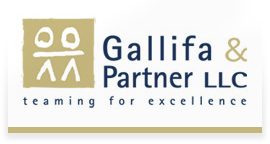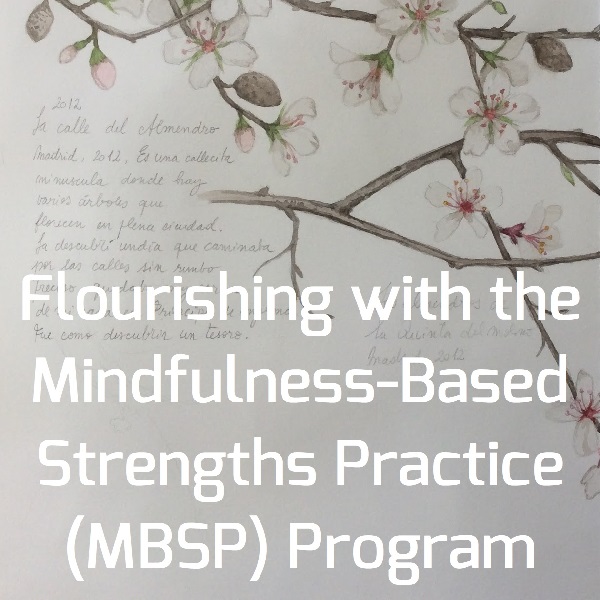In the previous post I shared my views on how mindfulness and coaching support the development of the Perspective character strength. In this post I am exploring how important is for performance and well-being to wisely develop Social Intelligence. Subscribe to our newsletter
Social intelligence, also called emotional and personal intelligence, or hot intelligence, is a strength of humanity, a virtue that helps us in our interpersonal relationships, the way we approach other people. In Ryan M. Niemiec & Robert E. McGrath (2019) people showing social intelligence are described as those having the ability of being « aware of the motives and feelings of themselves and others, and how to fit into different social situations. »
Social Intelligence in the Movies
Mike Leigh’s film, Another Year (2010, UK), is an excellent example of the character strength of social intelligence. In this film we can see how the well-developed social intelligence of Gerri and Tom, a happily married couple, contrasts with the limited social intelligence of other characters, along with the consequences of such difference.
Social Intelligence Overview
Social intelligence was first defined by Thorndike (1920) as the ability to understand, manage and act wisely in human relations. Social intelligence is the capacity to process hot information: signals concerning motives, feelings, and other psychological states relevant for well-being of oneself and others. In this, social intelligence is separate from general cognitive intelligence.
Daniel Goleman (1995, 2006) defines emotional intelligence as the ability to recognize our feelings and those of others, to motivate ourselves, and to manage our emotions both within ourselves and in our relationships with others and the overall system.
People high in social intelligence exhibit special capacities to experience, perceive, assess, integrate, understand, provide meaning, link with other process, monitor and regulate emotions for personal growth and well-being, as well as strategize about own internal processes and emotions, and emotions in relationships. In addition, those people can identify social dominance and sociopolitical relationships among individuals and groups and use this to cooperate (Peterson & Seligman, 2004).
Social intelligence is related with empathy, the ability to feel other people pain or know their feelings, with communication ability, noticing verbal and not verbal messages and knowing what to say to make other people at easy. Social intelligence is also related with love and kindness, the two other humanity strengths, making other people feel cared and loved. Social intelligence is also linked with flexibility, so to adapt to the situation responding with the appropriate style and posture.
Social intelligence contributes to build trust, leads to successful negotiations, social comfort and positive social relationships. Social intelligence also opens opportunities for new experiences, better health, higher performance (e.g., emotional intelligence is twice as important as cognitive ability in predicting outstanding performance), and overall well-functioning and well-being.
Social Intelligence and Trasformational Change
The social intelligence character strength supports teamwork and leadership. Transformational change projects, programs and change initiatives, specially the more complex and challenging, will only succeed with contributors all levels, but specially in management and leadership positions, showing social intelligence.
The way individuals confront change depends on the structure of aspirations, will, memories, beliefs, emotions, meaning, behaviors, and practices. Behind all these psychological structures there are several key sustaining personality capacities or strengths, as well as and systemic resources. Social intelligence is one of them.
As pointed out by Edgar H. Schein (1992) only organizations, business, people and teams strong in social intelligence will provide the psychological safe environment where learning new habits and competences is possible without anxiety; safe environments where learning is facilitated by valuing previous successes preferably than by remembering past mistakes and associated painful consequences.
The good news is that emotional and social intelligence can be assessed (e.g., Emotional and Social Competency Inventory, ESCI) and, because emotional and social behaviors in people can change, emotional intelligence can be learned through feedback and practice.
Simply assuming that knowledge and insight could be easily acquired ignores the fact that just wiliness to move on through a transformational change and motivation to learn will not produce the right kind of behaviors and competences that are needed for any envisioned and desired end state to happen. This is the reason why competence development and professional coaching is so important for state-of-the-art transformational change management, change design and change accompaniment capabilities in organizations, business, people and teams.
A Personal Perspective on Social Intelligence
In many occasions, facing strong change resistance, I have addressed and solved the situation with empathy and compassion. People can resist and argue about a technical design argument, or may find an end state vision difficult to understand (Senge, 1994). They can also be offended when considered as mere parts of a mechanism or a plan. It is more difficult though to resist to honest empathy and kindness, two important components of social intelligence. This is to me the secret of transformational change accompaniment. On this topic Peter M. Senge (1999) once said « We keep bringing in mechanics – when what we need are gardeners. »
If we want to respond rather than react, and benefit from all the outcomes that social intelligence offers to us, we need to be serious about letting social intelligence character strength develop and flourish. Watering the social intelligence seed in our consciousness and in our actions will let us explore the difference between feeling safe or unsafe, experiencing sufficiency or scarcity, having a life plenty of positive relationships of being excluded, being confident or caught in grasping, being in peace or sunk in frustration (Hanson, 2013).
Following the perspective given by Thorndike’s definition of social intelligence, I believe there is a key distinction to make between managing our emotions and be wise and honest with our views and actions. I was born in a fascist country, where democracy is still at risk. I learned to manage my emotions, suppressing them sometimes. It was a matter of survival. I feel safer and free now – out of my country, though. As a manager and as a leader I have learned to manage my emotions. It is time for me now to be honest and wise with who I am; with my social intelligence signature strength.
My advice for any one facing transformational change is to invest in developing emotional and social intelligence, eventually with the support of mindfulness and coaching. A balanced social intelligence will do not only lead to well-functioning and performance, but also to positive transformational change, strengths flourishing and a more holistic and wise perspective on being and becoming in organizations, business, people and teams.
We will explore and practice the social intelligence character strength in the MBSP Program we are introducing in Switzerland soon.
Jaume Gallifa, MBA, ACC, is the Managing Director of Gallifa & Partner LLC, a professional services company specialized in transformational change and flourishing. He can be reached at jaume.gallifa@gallifa.ch or via LinkedIn.
[accordion align=”” numbers=”false” first_one_open=”true”]
[pane title=”Flourishing with Mindfulness-Based Strengths Practice (MBSP). An 8-week in-person program starting on Friday, January 15, 2021 in Basel, Switzerland”]
MBSP brings together the latest science of mindfulness and character strengths into an active learning experience to help people flourish by getting in conscious contact with their inner strengths.
The brochure attached contains detailed information about the 8-week in-person MBSP program that will take place in Basel, Switzerland, starting on Friday January 15, 2021 at 18h at Zentrum für Achtsamkeit Basel/Center for Mindfulness Basel.
Thematic and info workshop sessions to learn more and experience the integration of mindfulness and character strengths for flourishing are offered regularly. Details and inscriptions at the Lausanne event page or the Basel event page.
[/pane]
[/accordion]
References
– Goleman, Daniel (1995). Emotional Intelligence.
– Goleman, Daniel (2006). Social Intelligence.
– Hanson, Rick (2013). Hardwiring Happiness: How to Reshape Your Brain and Your Life.
– Niemiec, Ryan M. & McGrath, Robert E. (2019). The Power of Character Strengths. Appreciate and Ignite Your Positive Personality.
– Peterson, Christopher & Seligman, Martin (2004). Character Strengths and Virtues: A Handbook and Classification.
– Schein, Edgar H. (1992). How Can Organizations Learn Faster? The Challenge of Entering the Green Room.
– Senge, Peter M. (1999). Learning for a Change. FastCompany (www.fastcompany.com).
– Senge, Peter M. et al. (1994). The Fifth Discipline Fieldbook: Strategies for Building a Learning Organization.
– Thorndike, E. L. (1920). Intelligence and its use. Harper’s Magazine, 140.


